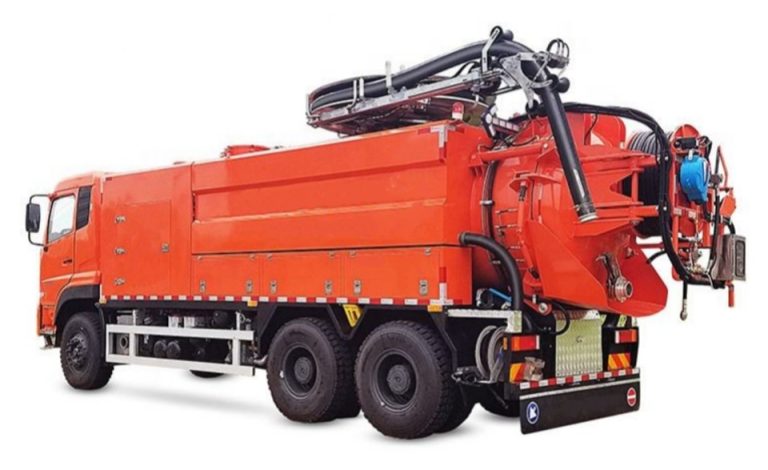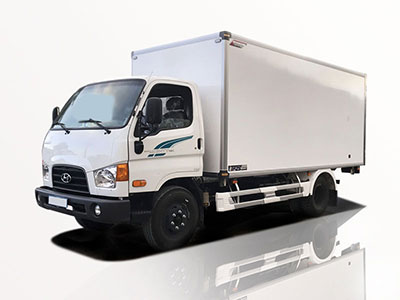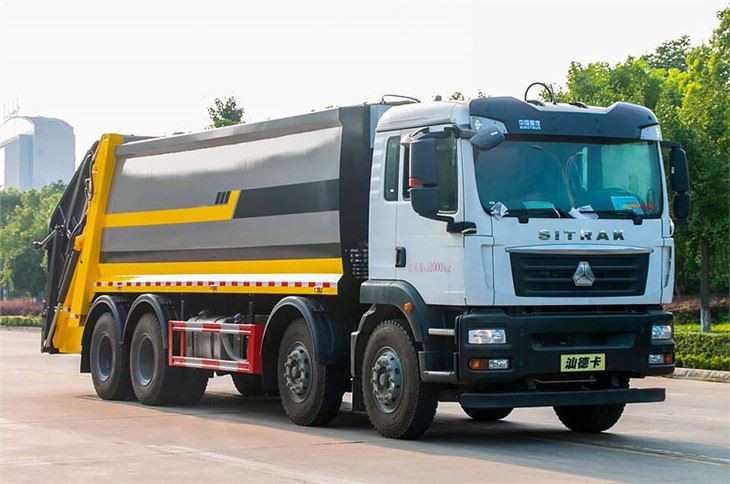Introduction
Aluminum tanker trailers are a critical component in the transportation of liquids across various industries, including oil, water, and chemicals. Known for their lightweight nature and impressive corrosion resistance, aluminum tanker trailers are becoming increasingly popular among fleet operators. This comprehensive guide will explore everything there is to know about aluminum tanker trailers—from their construction and benefits to maintenance tips and purchasing options. By the end of this article, you’ll gain insights that will help you make informed decisions regarding your tanker trailer needs.
What is an Aluminum Tanker Trailer?
An aluminum tanker trailer is a specialized vehicle designed to transport liquid cargo. The primary construction material, aluminum, offers several advantages, making these trailers favorable in many industries. They are commonly used for transporting fuels, chemicals, food-grade liquids, and water.
Components of an Aluminum Tanker Trailer
- Tank: The primary vessel that holds the liquid cargo.
- Chassis: The frame that supports the tank and other components.
- Axles: Provide stability and support while on the road.
- Suspension system: Cushions the ride of the trailer for smoother transportation.
- Valves and fittings: Ensure safe loading and unloading of the liquid cargo.
- Pneumatic brakes: Essential for stopping the trailer safely.
Benefits of Aluminum Tanker Trailers
Lightweight Design
One of the most significant advantages of aluminum tanker trailers is their lightweight design. Weighing considerably less than steel trailers, aluminum tankers allow for increased cargo capacity, leading to better fuel efficiency and lower operating costs.
Corrosion Resistance
Aluminum resists rust and corrosion, making it suitable for transporting hazardous materials that could damage other metals. This feature also extends the life of the trailer, reducing maintenance costs and downtime.
Durability and Strength
Despite their lightweight nature, aluminum tanker trailers are highly durable. Aluminum alloys used in tanker bodies provide considerable strength, ensuring the safe transport of various liquids.
Cost-Efficiency
While the initial purchase price of aluminum trailers may be higher than that of steel units, the long-term savings in maintenance, fuel efficiency, and lifecycle costs often make aluminum tankers a more cost-effective choice.
Customizability
Aluminum tanker trailers can be customized to suit a wide range of applications. Accessories such as additional compartments, specialized valves, and pumps can be integrated easily into the aluminum structure.
Types of Aluminum Tanker Trailers
Food-Grade Aluminum Tanker Trailers
These trailers are specifically designed to transport food-grade liquids like milk, juices, and syrups. They adhere to stringent hygiene and safety standards to prevent contamination.
Petroleum Aluminum Tanker Trailers
These trailers are built for transporting various petroleum products. They are designed to withstand the specific properties of fuels and oils, often incorporating safety features to manage volatile substances.
Chemical Aluminum Tanker Trailers
Utilized for transporting hazardous and non-hazardous chemicals, these tankers are often lined with special coatings to protect against chemical reactions and corrosion.
Specifications to Consider When Purchasing an Aluminum Tanker Trailer
Capacity and Size
The capacity of aluminum tanker trailers can vary significantly. Common sizes range from 1,000 to 10,000 gallons. Choose the size that best fits your operational needs.
Weight Limits
It’s important to consider the Gross Vehicle Weight Rating (GVWR) of the trailer to ensure it complies with local regulations and can safely carry the intended loads.
Configuration and Design
Understand the trailer’s configuration—single or multiple compartments—and specific design features that may benefit your operations, such as insulation for temperature-sensitive cargo.
Safety Features
Look for trailers with built-in safety features such as anti-lock braking systems, reflective markings, and emergency valves.
Ease of Maintenance
| Feature | Benefits |
|---|---|
| Corrosion Resistance | Lower maintenance due to delayed rusting. |
| Accessibility of Components | Easier repairs and inspections. |
| Simple Clean-up Procedures | Reduced downtime and costs associated with cleaning. |
Maintenance Tips for Aluminum Tanker Trailers
Regular Inspections
Perform routine inspections of the trailer to catch wear and tear early. Focus on the tank structure, suspension system, and brakes.
Cleaning Procedures
Ensure that the trailer is cleaned regularly to prevent build-up that can lead to corrosion. For food-grade tankers, use food-safe cleaning agents.
Monitoring for Leaks
Regularly check for leaks, as they can lead to hazardous situations. Address any leaks immediately to maintain compliance and safety.
Proper Storage
When not in use, store aluminum tanker trailers in a dry, sheltered area to protect them from the elements.
Best Practices for Operations Using Aluminum Tanker Trailers
Efficient Loading and Unloading
Plan your loading and unloading processes to ensure they are conducted safely and efficiently. Use designated areas for these activities to minimize risks.
Training Operators
Ensure that operators are adequately trained in handling and transporting liquids in aluminum tanker trailers. This includes understanding the specific nature of the cargo being transported.
Adhering to Regulations
Familiarize yourself with local and federal regulations regarding liquid transport. Compliance will help avoid expensive fines and ensure the safe operation of your trailers.
Using Technology
Consider employing telematics and tracking systems to monitor the performance of your tanker trailers. This data-driven approach can optimize routes, reduce fuel costs, and improve overall efficiency.
Cost Considerations When Buying Aluminum Tanker Trailers
Initial Purchase Costs
The price of an aluminum tanker trailer can range from $30,000 to $70,000 or more, depending on its size and specialization. Always compare multiple quotes before making a purchase.
Operational Costs
Consider factors such as repair and maintenance costs, inspections, insurance, and fuel. Aluminum trailers often yield lower operational costs due to their efficiency and reduced repairs.
Resale Value
Aluminum tanker trailers typically hold their resale value better than their steel counterparts. Investing in aluminum can be financially advantageous when upgrading your fleet.
Frequently Asked Questions (FAQs)
1. How long do aluminum tanker trailers last?
With proper maintenance, aluminum tanker trailers can last 15-20 years, although many factors can affect durability, including cargo type and operational conditions.
2. Can aluminum tanker trailers be repaired if damaged?
Yes, most damages can be repaired by qualified professionals. It is crucial to address any damage quickly to ensure safety and compliance.
3. What types of liquids can I transport with an aluminum tanker trailer?
Aluminum tankers can transport a variety of liquids, including fuel, chemicals, and food-grade products, as long as they meet safety and hygiene standards.
4. Are there weight regulations for aluminum tanker trailers?
Yes, there are specific weight limits for trailers that vary by region and type of cargo. Ensure compliance with local regulations to avoid fines and safety issues.
5. How do I choose the right size aluminum tanker trailer?
Evaluate your cargo needs, the routes you plan to take, and the regulations in your area. This information will help you select an appropriately sized trailer for your operations.
6. What maintenance schedule should I follow for my aluminum tanker trailer?
It’s advisable to conduct inspections at least once a month, with more frequent checks if the trailer is used heavily. Always follow manufacturer-recommended maintenance schedules.


